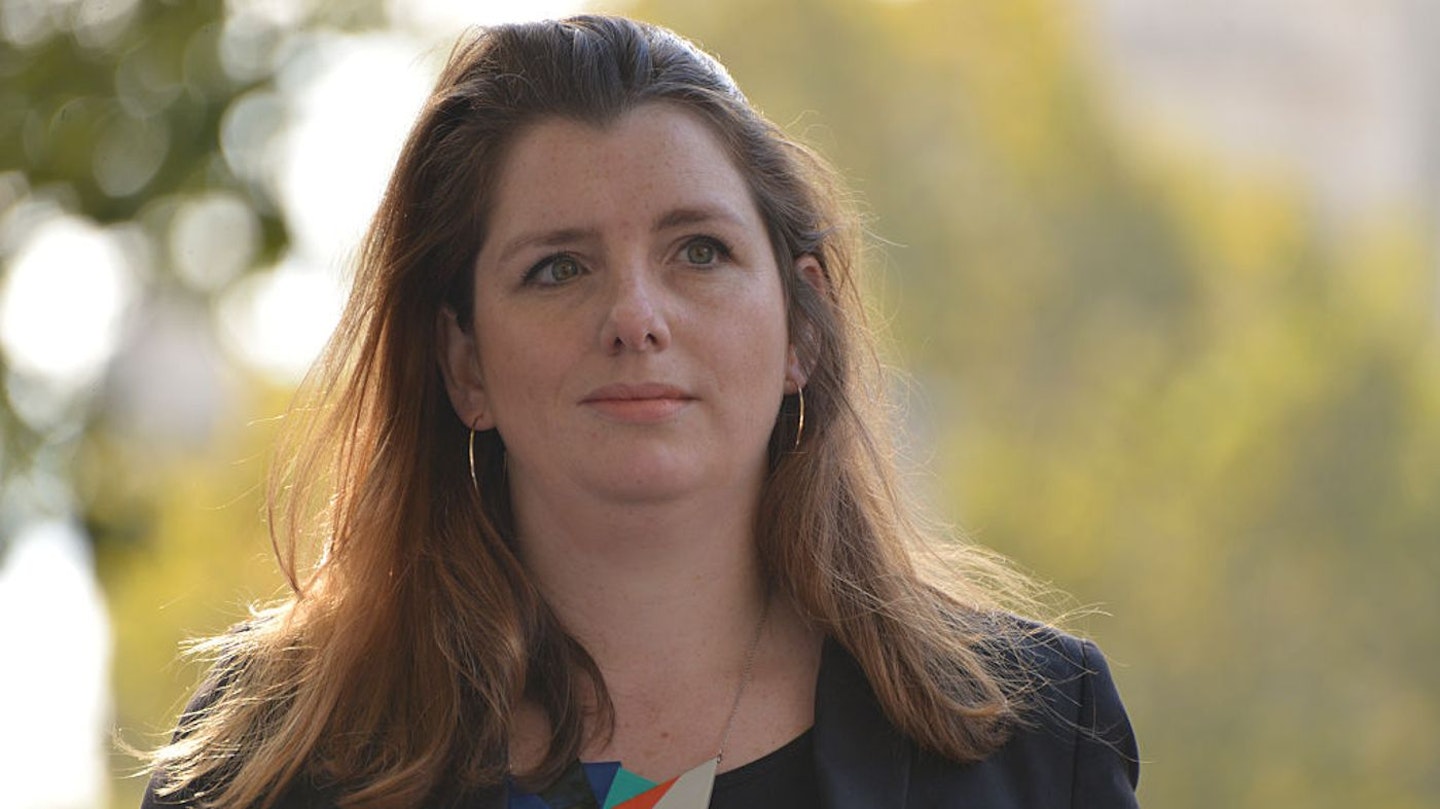When I was a teenager (pictured above), one of my favourite films was 1989's Heathers. It wasn’t just Christian Slater's bad-boy-in-black act, but Winona Ryder captured brilliantly the utter tyranny with which teenage girls are treated.
'YOU MUST FIT IN' they are told, be that being skinny, blonde or called Heather, damn it, you must fit in. The Heathers represented the consumerist 1980s, all shoulder pads and perms and rules about what to wear. But then along came Winona, ushering in the 1990s and grunge, and suddenly my brand of sad-girl-in-a-black-polo-neck was cool. Job done, right?
Sadly not. Right now, we seem to be reinventing some of the tyranny against teenage girls with 2020s social media replacing 1980s social conservatism as the control mechanism of choice. Last week the Wall Street Journal revealed that Instagram had sat on a study revealing how toxic their platform is for teenage girls. It revealed that a third of teen girls who felt bad about their bodies felt worse after using Instagram. Not only that but the Girl Guides found recently that 67% of girls aged 7-21 feel more sad, anxious or worried than they did before the pandemic, and 71% had experienced some form of online harm in the last year. Roughly two thirds of girls are having a bad time. This is not OK, and no amount of excuses from tech companies make it OK.
Girls' unhappiness limits their ambition in life and has a lasting effect. Unhappiness is bad for everyone but, when you need mental strength to take on a society still too dominated by male authority and the say-so of others, feeling happy and well is the first line of defence. Something about your teenage years hangs about in your mind forever, the good and the bad. Anxiety in girls now means women with mental health challenges in the years to come. Our country needs to build a better foundation than this.
We know what a difficult time our children have had during the pandemic with disruption to their education, curbs on their social lives and activity at school. Fears about a mental health pandemic are not unfounded. What we need to do now is to prioritise the things that benefit ours and our children’s health and happiness.
But what can we do about it? Can you legislate for happiness? Or are teenage girls doomed to anxiety?
Labour believes that we need to do things differently. Wellbeing was a key part of Keir Starmer’s leadership platform in which he said he would make it as high a priority of economic growth. We would start with requiring the Office for National Statistics to monitor health and happiness by law. Our Healthy Living Index would ensure that government would be improving our health and happiness with every decision, just as the Office for Budget Responsibility monitors economic data, and as we have kept a close watch on the public’s health through Covid. And the good news is that the ONS already collects this data. So, Labour’s plan is simply for parliament to have to pay attention to it in the same way as we do unemployment, economic growth, and so on.
We all know that prevention is better than cure - and less expensive. So that’s why we need strong legislation to stop online harm, with real power so that social media platforms must take action, not just offer platitudes. This means a duty of care for harmful content – not just illegal content as currently proposed.
Next, it means girls having more fun in life, and for that we need good quality leisure facilities, and sports that take responsibility for welcoming teenage girls. When was the last time you went to a sports centre that offered coaching specifically for those who are dealing with body image issues? Or even had free tampons? Too often we seem to design out girls, and that must change.
Finally, we all need to change our attitude. The stereotypes of the glum or angry young woman slamming doors to cope with the constraints of society tend to put the blame on the girl. Teenage girls are taught to fit in with society before they reach adulthood. But happy people are those that can comfortably be themselves and express what they want. For that we need attitudes to change. We need to see not the sad girl in the black polo neck, but to see what she could achieve with a bit of self-belief and a lot of happiness.

READ MORE: Are You Suffering From Parental Pandemic Burnout?
READ MORE: It's Finally Happening! The Flexible Working Floodgates Are Starting To Open
